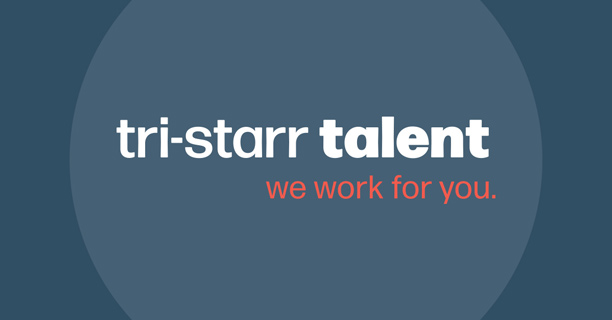Since early 2020, millions of employees across the United States have lost their jobs due to the COVID-19 pandemic. Today, as the American economy slowly recovers – and as news of a vaccine brings restored hope to a nation that’s been hobbled by the pandemic – those throngs of unemployed professionals are finally starting to seek out new jobs.
However, many Americans who have lost their jobs during the pandemic are struggling to update their resumes. A particularly common question has been whether one should include the details of their COVID-19-related layoff in future job applications.
With that question in mind, this article will highlight a few tips that can help you to address your recent COVID-19-related layoff in a resume, cover letter, and job interview.
Here’s How to Address Your COVID-19-Related Layoff with Prospective Employers
Here’s something that will be very important to remember as you re-immerse yourself in the job market: If you were laid off from your previous job due to COVID-19, you are not alone. Most employers will understand this (they were, after all, the ones who were laying people off).
In light of that, there’s no need to be shy about the fact that you were laid off. It’s nothing to be embarrassed or ashamed about, even if there was some nagging part of you that keeps telling you that it was your fault (which it almost certainly wasn’t). But you also shouldn’t commit too many words in your job application to the particular details of how and why you were laid off. When you’re bringing up your recent COVID-19-related layoff in an application, the trick is to be honest and detailed, but also to be terse and to the point.
To help drive that point home a bit more, here are three specific tips to bear in mind when you’re mentioning your recent COVID-19-related layoff in a job application:
- Call attention to the gap in your work history. If you were laid off in, say, April of 2020, there’s just no chance that an interviewer or hiring manager isn’t going to notice that ten-month gap in your resume. So don’t try to hide it. Instead, take the initiative by calling attention to it as soon as possible during your next job interview. This will demonstrate to your interviewer that you’re upfront, honest, and confident.
- Provide some background in your cover letter. Candidates traditionally use cover letters as a means to provide some context to their professional backgrounds and experience. In this case, however, your cover letter should also include some background information surrounding how and why you were laid off from your previous position.
- Be prepared to discuss what you’ve learned since your layoff in your next interview. As we mentioned above, the vast majority of employers in 2021 will be able to relate to and sympathize with job candidates who were laid off from previous roles due to COVID-19. Hiring managers, therefore, are likely to be more concerned with how you’ve been spending your time during the interim period. You should be ready to discuss the skills you’ve honed, the lessons you’ve learned, and the goals that you’ve set for yourself since you were laid off – and how your experiences have made you even more equipped for professional success.
Learn More About Applying for Jobs in 2021
At Tri-Starr Group, we specialize in equipping job candidates with the resources and skills that they’ll need to thrive in our rapidly transforming job market. To learn more about how partnering with a professional recruiter can improve your job prospects in 2021, please contact our office today!

